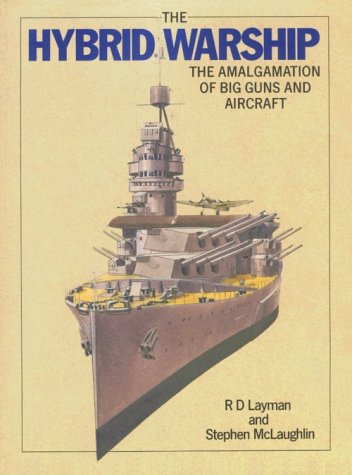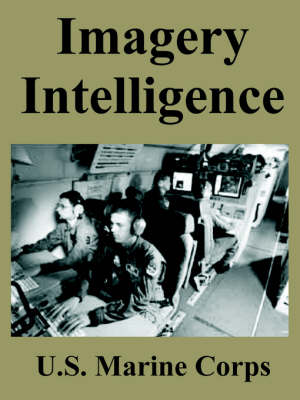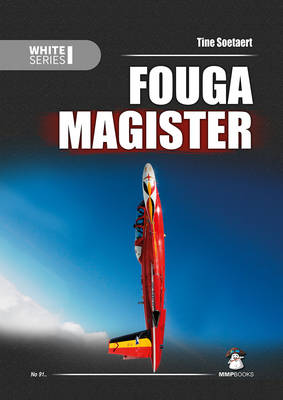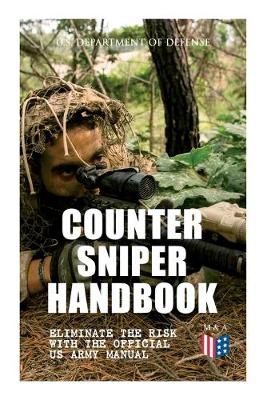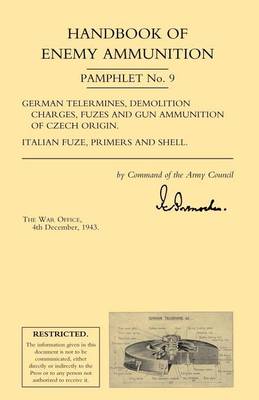This essential book offers a compelling and original interpretation of the rise of military aviation. Jeremy Black, one of the world's finest scholars of military history, provides a lucid analysis of the use of airpower over land and sea both during the two world wars and the more limited wars of the twentieth and twenty-first centuries. Considering both the theory and praxis of air power, the author begins with hot air balloons, and then highlights the use of zeppelins, piston engine fighters...
This book chronicles the 70-year quest of ship designers to combine big guns and air power into a single vessel.
Armed Forces Guide to Personal Financial Planning (Armed Forces Guide to Personal Financial Planning)
by David Trybula and LT Col Hewitt Trybula
Newly revised and updated, this comprehensive guide covers all key financial decisions from choosing checking accounts and using credit cards to buying a home and choosing an insurance policy. Military personnel of all services and ranks will benefit from the advice given in this crisply written book. Each topic is covered in a thorough, logical, and easy-to-read manner.
ABRO (House of Commons Papers, No. 840 (Session 2002-03))
This new book covers the famed World War Luftwaffe fighter on a variety of war fronts from Poland and France, through the Battle of Britain and the Russian front.
An Englishman's View of the Battle Between the Alabama and the Kearsarge (1908)
by Frederick Milnes Edge
Surveillance and target acquisition are fundamental to the successful prosecution of war. The advent of improved mobility by land and air, together with the increased lethality and range of modern weapons, can be exploited and countered only by the successful utilization of technology applied in particular to the electromagnetic spectrum. This revised volume covers the principles and applications of the technologies used to achieve the "transparent battlefield".
Agreement between the member states of the European Union concerning the status of military and civilian staff seconded to the institutions of the European Union, of the headquarters and forces which may be made available to the European Union in the context of the preparation and execution of tasks referred to in article 17(2) of the Treaty on the European Union, including exercises, and of the military and civilian staff of the member states put at the disposal of the European Union to act in this context (EU SOFA) (Cm., #7572)
The History of the Canterbury Mounted Rifles 1914-1919
by Colonel C Powles
An illustrated technical history of the Fouga Magister - the 1950s French two-seat jet trainer. The different versions of the plane are described and illustrated; all the changes in specification, equipment and performance are recorded. Drawings and data from the original technical manuals, full dimensional details and photographs of surviving examples preserved in aviation museums illustrate all aspects of the airframe, inside and out. Features a brief operational history of all export users in...
Counter Sniper Handbook - Eliminate the Risk with the Official US Army Manual
by U S Department of Defense
British Defence and Security Policy in the Twenty-First Century (Adelphi Papers)
by Andrew M. Dorman


